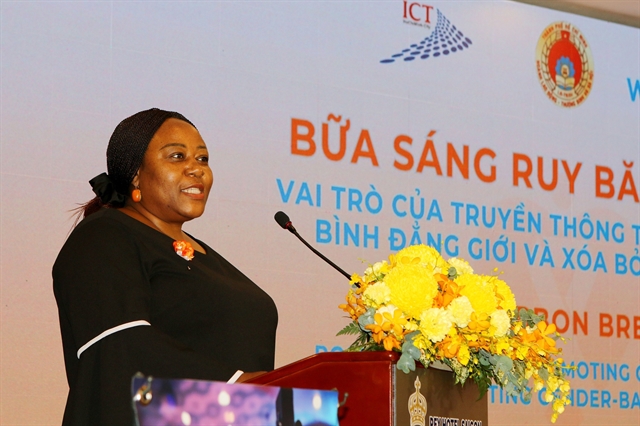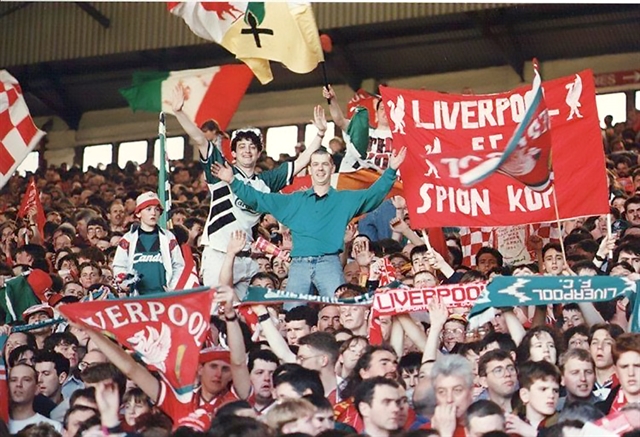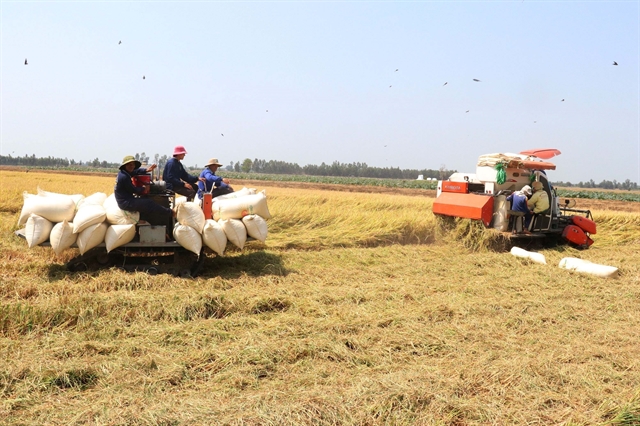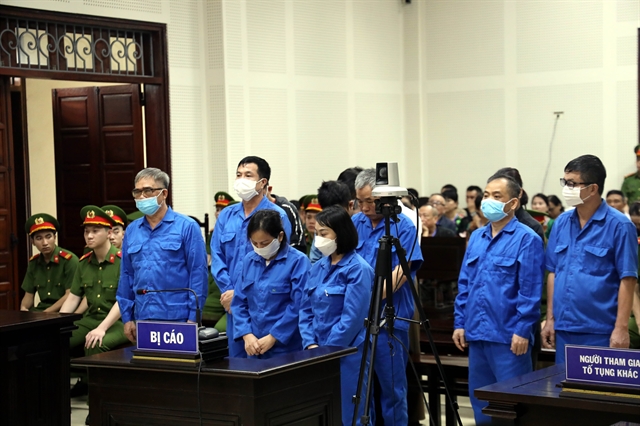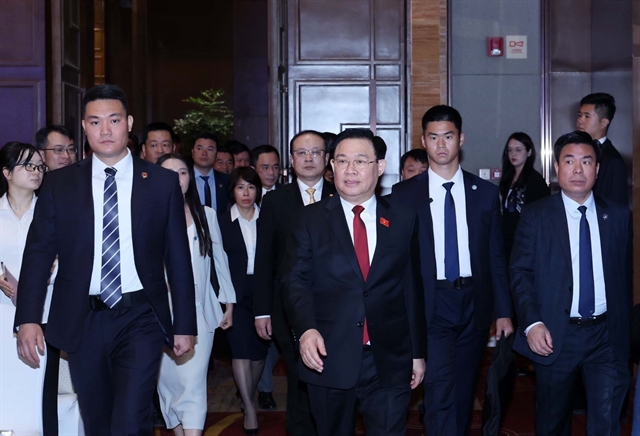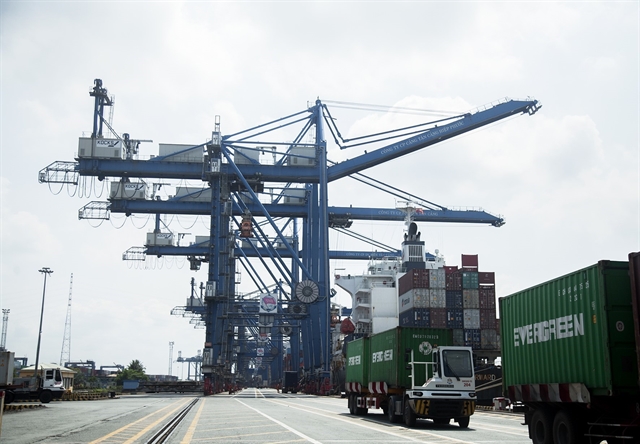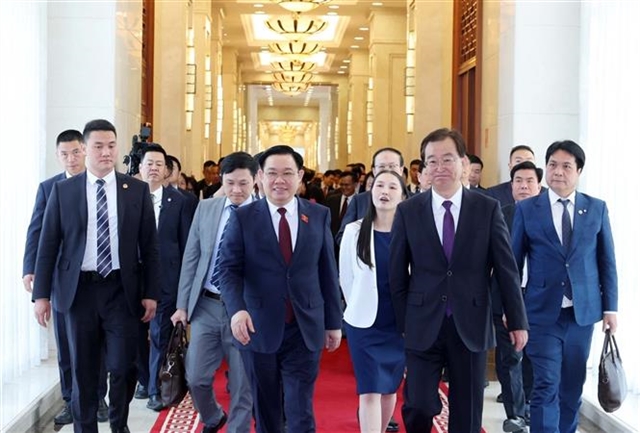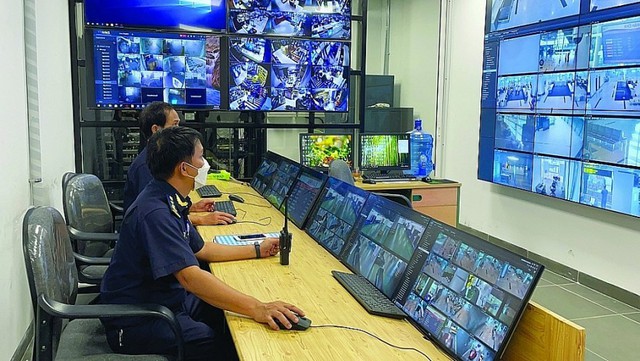 Society
Society
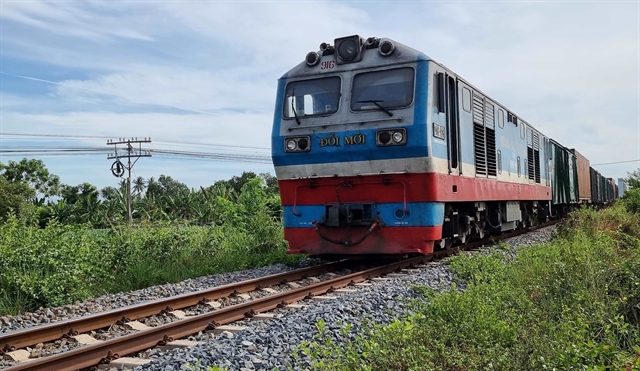
High investment costs and low parking fees have made investors less interested in building automated car parking lots in HCM City, experts said at a workshop held on September 22.
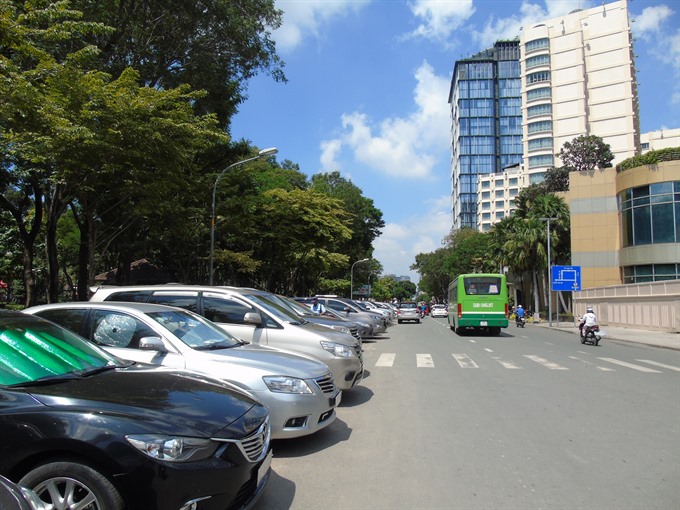 |
| A parking zone in Lê Lai Street in HCM City’s District 1. Finding a parking space is a serious problem for car drivers in the city.—VNS Photo Lê Anh Vũ |
HCM CITY – High investment costs and low parking fees have made investors less interested in building automated car parking lots in HCM City, experts said at a workshop held on Friday.
To cope with the problems of increasing automobiles and an overloaded car parking system, since 2006, the Ministry of Science and Technology has instructed Nippon Mechanics and Crane Co, Ltd (NMC) to undertake the project of designing and building elevators or automated parking systems in the country.
The system has a lifting device and storage spaces inside to store vehicles efficiently and its capacity is 2-20 times higher than a traditional parking lot if they are built on the same area of land.
Due to the lack of car parking spaces, many car drivers park on roadsides or drive around to find a place to park their vehicles, which worsens congestion in the city.
Therefore, automated parking systems are considered an ideal solution for major cities in Việt Nam, especially Hà Nội and HCM City.
However, according to Nguyễn Thị Bảo Quỳnh, general director of NMC, despite many benefits, it is difficult to implement such systems in the city due to “unreasonable regulations”.
One of them is the one-price rule for fares.
It was introduced in January by the city’s administration in an attempt to control parking lots that previously forced customers to overpay.
Because the automatic parking system needs huge investment, if the price is too low, investors can hardly realise a profit from their investment.
The monthly charge for cars in the city is currently VNĐ1.5 million (US$66) per month or VNĐ10,000 per entry, while in Hà Nội, it costs VNĐ3.5 million per month or VNĐ30,000-40,000 per entry, respectively.
“The unreasonably low fares have caused the number of investments for automated parking systems in HCM City to be six times lower than in Hà Nội,” Quỳnh said, adding that “if the low fare is still being applied, the city cannot even build a traditional public parking lot, not to mention an automated parking system.”
Experts at the workshop agreed with Quỳnh, saying that increasing the automobile parking fee would not only encourage investors to invest in building more parking zones but also help limit the use of personal vehicles.
Sungwon Lee from Korea Transport Institute told Thanh Niên (Young People) newspaper that a hike in prices for vehicles or petroleum would not affect drivers as much as a hike in parking fees.
Car-owners might consider using public transport if they were charged with a large amount of money for car parking, he said.
“Charging more and using the money to build a traffic infrastructure and encouraging the use of public vehicles instead of owning personal vehicles are among the methods that many countries have applied, including South Korea. And they have proved to be effective,” he added.—VNS
Of eight underground parking space projects that the city called for ten years ago, only two are ongoing.
The first one is located in Trống Đồng Stage and is being invested in by the Đông Dương Group.
The second project is under Lê Văn Tám Park and the Investment Development for Underground Space Corp. is the investor.
The two are set to begin construction sometime this year and are expected to be operational in 2019.
The remaining six are now put on hold as their investors have withdrawn from the projects after completing the technical study.—VNS

